The Intersection of Artificial Intelligence and Blockchain Technology
5 de dezembro de 2025
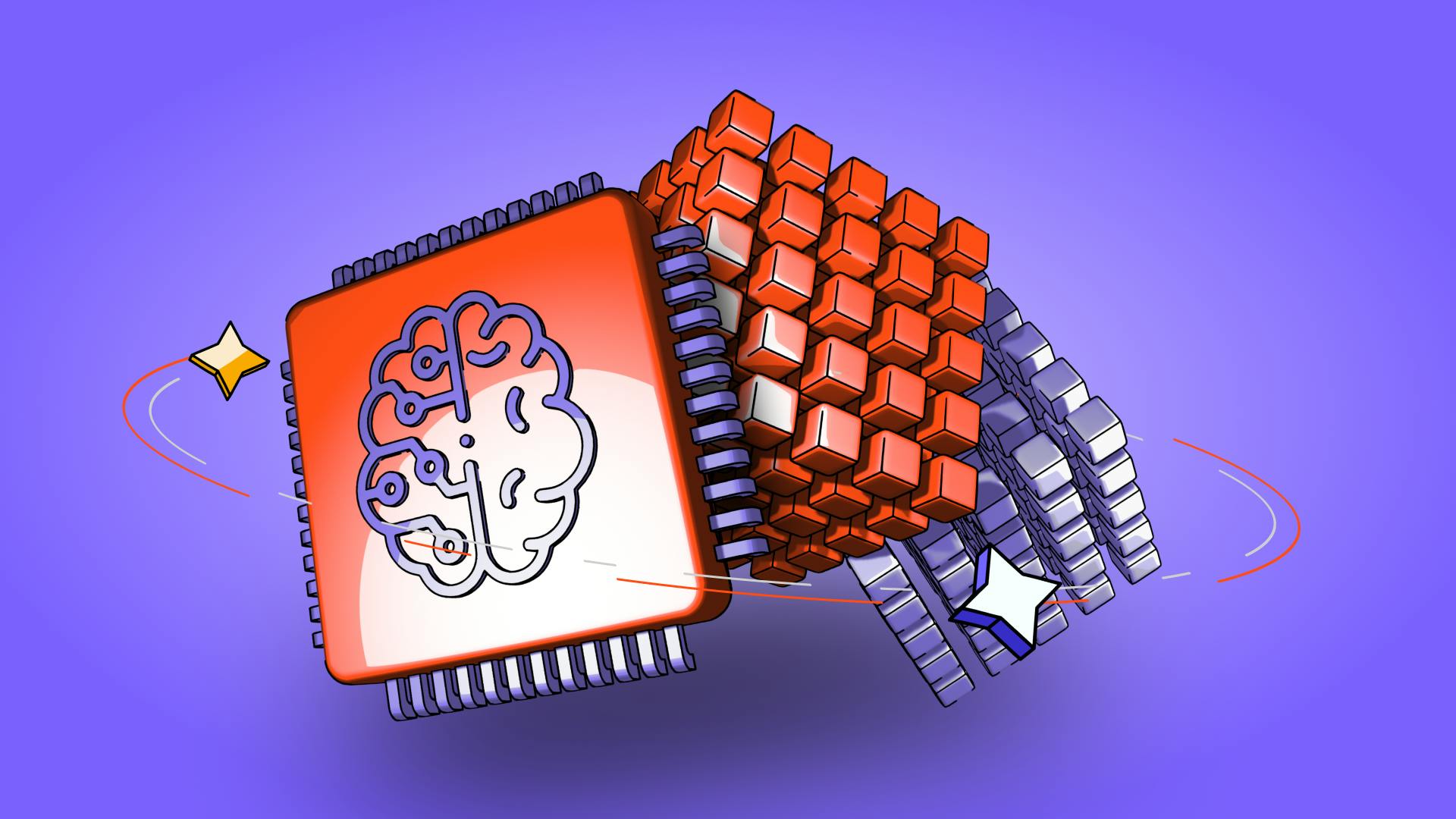
by Coinmetro Editorial Team
5 de dezembro de 2025
Artificial intelligence (AI) and blockchain are two of the most important technologies today. AI allows machines to learn, solve problems, and make decisions, similar to humans. Blockchain, on the other hand, is a secure online record-keeping system that verifies transactions without needing a central authority.
When used together, AI and blockchain solve key problems like security, speed, and automation. Blockchain protects AI data, keeping it accurate and safe. AI, in turn, helps blockchain run faster and make better decisions. This combination creates trustworthy and transparent systems that can manage complex tasks more smoothly.
Many industries are now using AI and blockchain to solve real-world challenges. They help track products in supply chains, improve healthcare with predictive analytics, and keep medical records secure. As more businesses adopt these technologies, AI and blockchain will play a major role in shaping the future.
In this article, you will learn:
- What is blockchain technology?
- What is artificial intelligence (AI)?
- How AI and blockchain complement each other
- Real-world applications of AI and blockchain integration
- Challenges and considerations
- The future of AI and blockchain
▶️ Watch: Blending blockchain and AI could add $20 trillion to the global economy
Blockchain: the concept we've explained a million times because some things just bear repeating. It's a decentralized ledger that securely records transactions across a large network of computers. It works without a central authority and ensures trust and security through cryptography.
Immutability: Once recorded, data cannot be changed. This makes the blockchain permanent and tamper-proof.
Decentralization: No single entity controls the blockchain. Instead, users across the network validate and maintain transactions simultaneously.
Consensus mechanisms: Blockchain networks use rules like Proof of Work (PoW) or Proof of Stake (PoS) to approve transactions and keep records accurate.
Notable use cases
Cryptocurrencies: Blockchain powers digital currencies like Bitcoin and Ethereum. It enables secure, decentralized transactions.
Supply Chain Management: Blockchain increases transparency in supply chains. It helps companies track products from start to delivery.
Data Verification: Blockchain protects data for identity management, secure voting, and tamper-proof document storage.
Blockchain’s unique features make it essential for many industries. It builds trust, improves efficiency, and drives innovation.
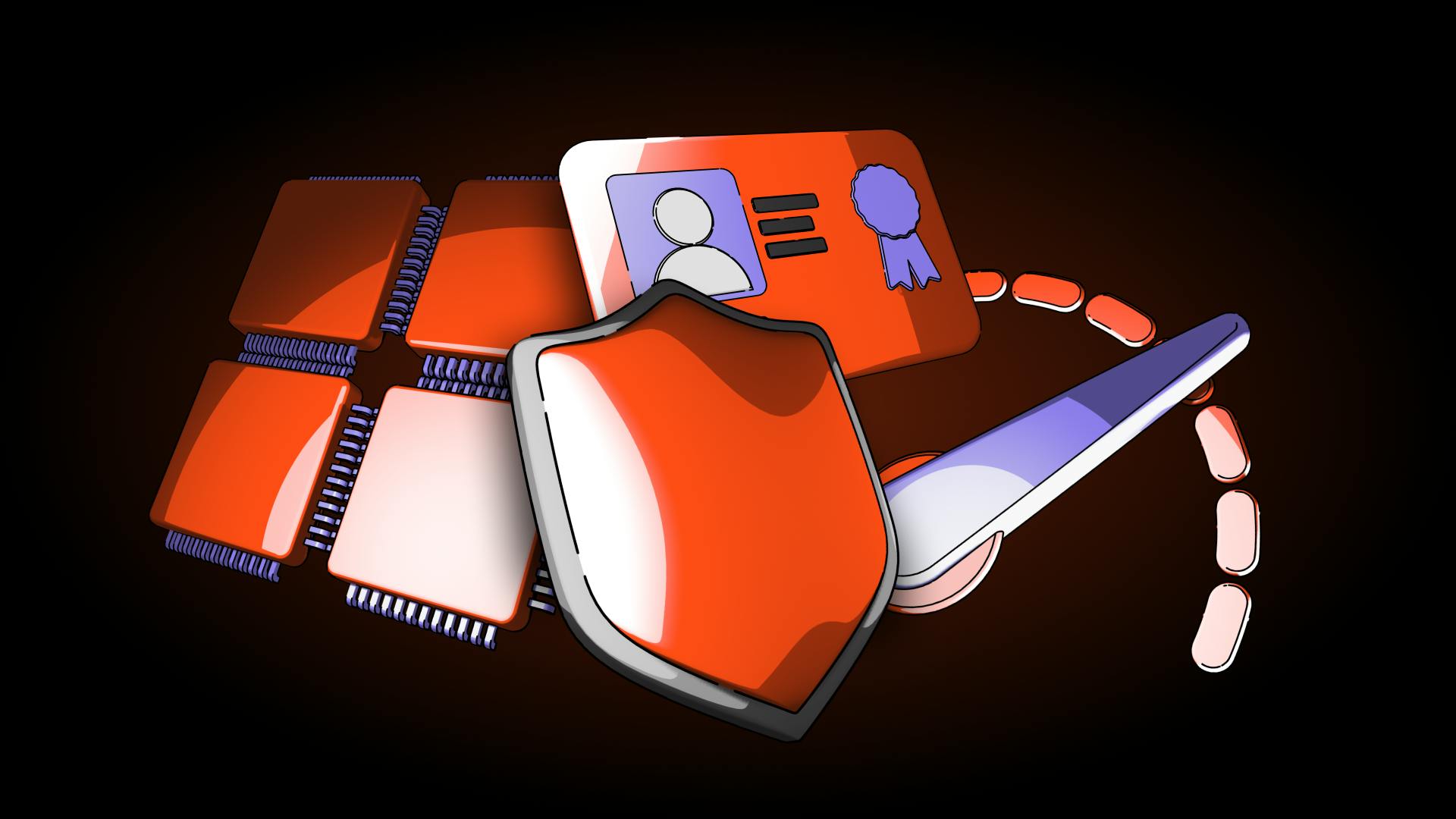
Artificial intelligence (AI) is a technology that enables machines to simulate human intelligence. It allows them to learn, make decisions, and solve problems. AI systems use algorithms and data to complete tasks that usually require human reasoning.
Natural Language Processing (NLP): AI powers chatbots, translation tools, and voice assistants. It helps machines understand and generate human language.
Predictive Analytics: AI finds patterns in data to predict outcomes. This helps businesses improve decision-making and work more efficiently.
Machine Learning Models: These models help computers learn and improve over time. They are used for fraud detection and personalized recommendations.
AI’s computational power complements blockchain’s strengths in transparency and security. While blockchain ensures data integrity, AI processes large datasets efficiently. It identifies patterns and makes predictions.
This combination improves trust, scalability, and automation in systems that use both technologies. AI and blockchain create innovative solutions across industries, from healthcare to finance.
AI systems need accurate and secure data to provide reliable results. Blockchain stores transactions on a ledger that cannot be changed. This helps AI use trusted information, reducing mistakes and improving decisions.
Blockchain removes the need for a central authority in AI models. It allows different groups to train and use AI while keeping data secure. For example, in healthcare, AI can learn from shared medical data without exposing patient details. This improves teamwork and protects privacy.
AI makes smart contracts more effective by adding decision-making abilities. These contracts run on blockchain and follow set rules. For example, AI can check insurance claims and approve payments automatically, speeding up processes, removing human errors, and ensuring fairness.
AI and blockchain together create faster, safer, and smarter systems. They help solve problems in security, automation, and data integrity across industries.
AI and blockchain help industries by making systems smarter and more secure. They improve transparency and create new solutions for global challenges.
Healthcare: AI analyzes patient data to predict diseases and suggest treatments. Blockchain protects medical records, making them secure and available only to approved users.
Example: AI predicts disease risks using patient data stored on blockchain. This helps doctors make better diagnoses and keep accurate records.
Supply Chain Management: AI makes delivery faster by finding better routes and predicting delays. Blockchain tracks products from start to finish, preventing fraud and ensuring transparency.
Example: AI-powered tracking with blockchain helps companies monitor goods in real-time, improving quality control in the food and medicine industries.
Financial Services: AI detects fraud by spotting unusual transactions. Blockchain locks financial records so they stay safe and unchanged.
Example: AI-based platforms use blockchain to verify identities and secure payments. This makes money transfers safer.
Energy Sector: AI predicts energy demand and improves distribution efficiency. Blockchain allows people to trade energy safely and directly.
Example: AI forecasts energy needs, while blockchain ensures secure, fair transactions between users.
AI and blockchain struggle with handling large datasets and high transaction volumes. Blockchain networks can slow down due to congestion, while AI needs significant computing power to process data. To solve these issues, new advancements in computing and network design are needed.
Learn More - Blockchain Scalability: Solutions, Challenges and Future
AI can inherit biases from the data it learns from. This may cause unfair decisions. Blockchain’s transparent nature allows users to review and verify AI training data. By protecting data integrity, blockchain reduces ethical risks and increases accountability.
A lack of clear regulations is a major challenge for AI and blockchain. Governments have not set consistent rules, leading to uncertainty for developers and investors. Without clear guidelines, businesses are hesitant to adopt these technologies, slowing down progress.
Solving these issues is key to unlocking AI and blockchain’s full potential. Policymakers, developers, and industry leaders must work together to create solutions and drive adoption.
Quantum computing could transform AI and blockchain. It can process complex calculations at incredible speeds, making AI faster and improving blockchain security. Web3 is also evolving with a focus on decentralization. This change allows AI and blockchain to work together more smoothly. These advancements will make both technologies scalable and efficient.
Several industries will gain from AI and blockchain integration:
Healthcare: AI improves diagnostics, while blockchain secures patient data and ensures privacy compliance.
Finance: AI strengthens fraud detection and risk management. Blockchain provides secure and transparent records for transactions.
Supply Chain: AI predicts delays, while blockchain tracks products in real time to increase transparency and efficiency.
Energy: AI optimizes smart grids, while blockchain enables secure, direct energy trading between users.
Collaboration between developers, regulators, and businesses is key for AI and blockchain to succeed. Policymakers must set clear guidelines to reduce uncertainty. Developers need to work together to create systems that connect easily.
Businesses can speed up adoption by adding these technologies to their operations. This can demonstrate their value to investors and stakeholders.
Artificial intelligence and blockchain will transform industries by solving key problems. They improve efficiency, security, and transparency. Together, they create smarter systems that can change healthcare, finance, supply chains, and energy.
To reach their full potential, businesses must solve issues like scalability, ethics, and unclear regulations. Developers, regulators, and companies must work together to fix these challenges and speed up adoption.
As AI and blockchain grow, their combination will drive innovation. These technologies are more than tools. They build a future based on trust, efficiency, and decentralization. Using them together will help industries and economies grow in a fast-changing world.
Research: Artificial Intelligence and Blockchain Integration in Business
Join the Coinmetro community on Discord and Telegram, where forward-thinking traders and investors gather to share insights, explore new opportunities, and dive deep into cryptocurrencies. Should you need any help, please contact our world-class Customer Support Team via 24/7 live chat or email at hello@coinmetro.com.
To become a Coinmetro user today, Sign Up now or head to our new Exchange if you are already registered to experience our premium trading platform.
Etiquetas
Artigos relacionados
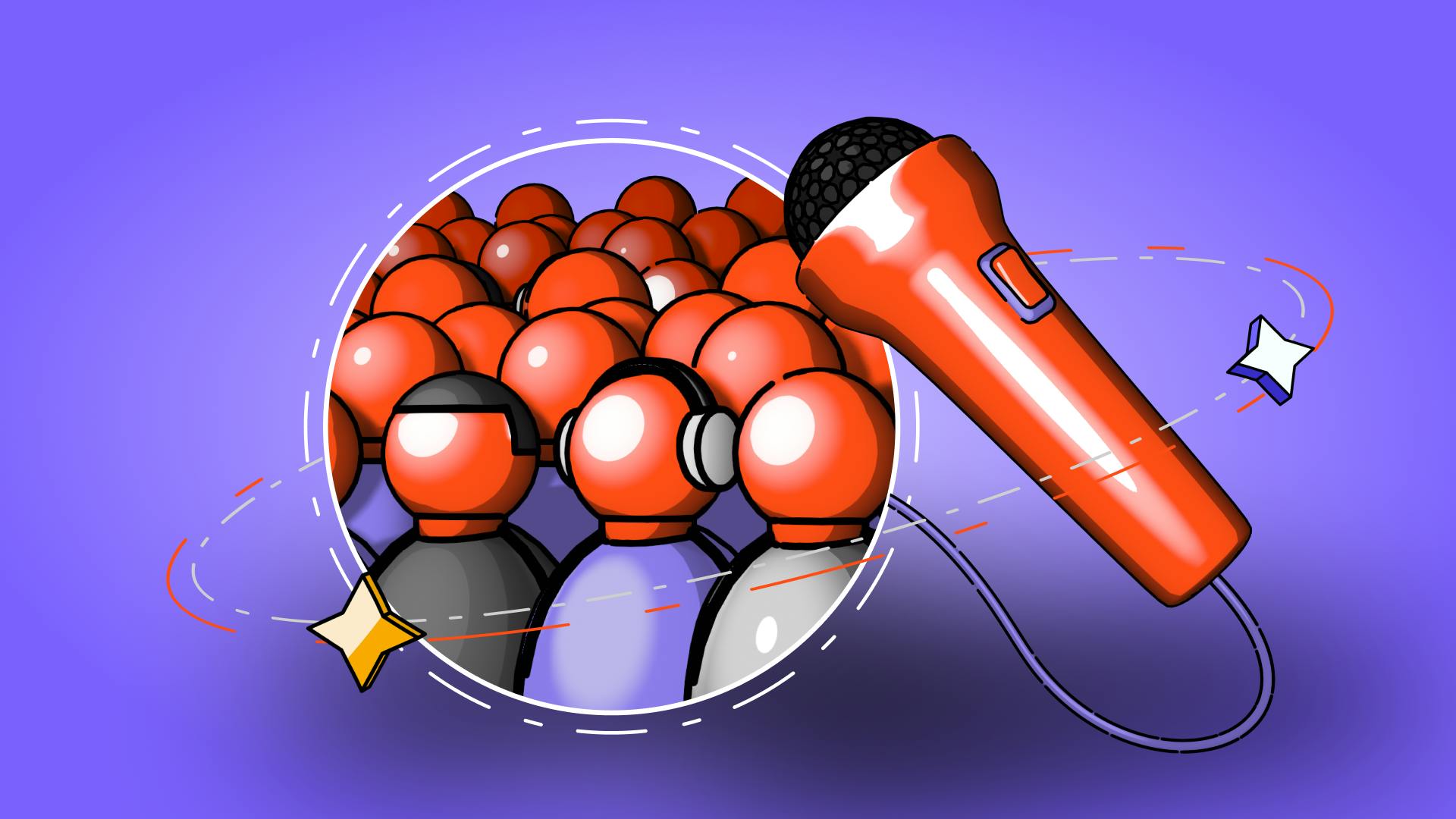
Influenciadores de Criptomoedas a Seguir em 2024: Quem Está a Moldar o Mercado?
Os influenciadores de criptomoedas desempenham um papel fundamental no mercado de moedas digitais. Eles orientam os investidores com perceções…
9m
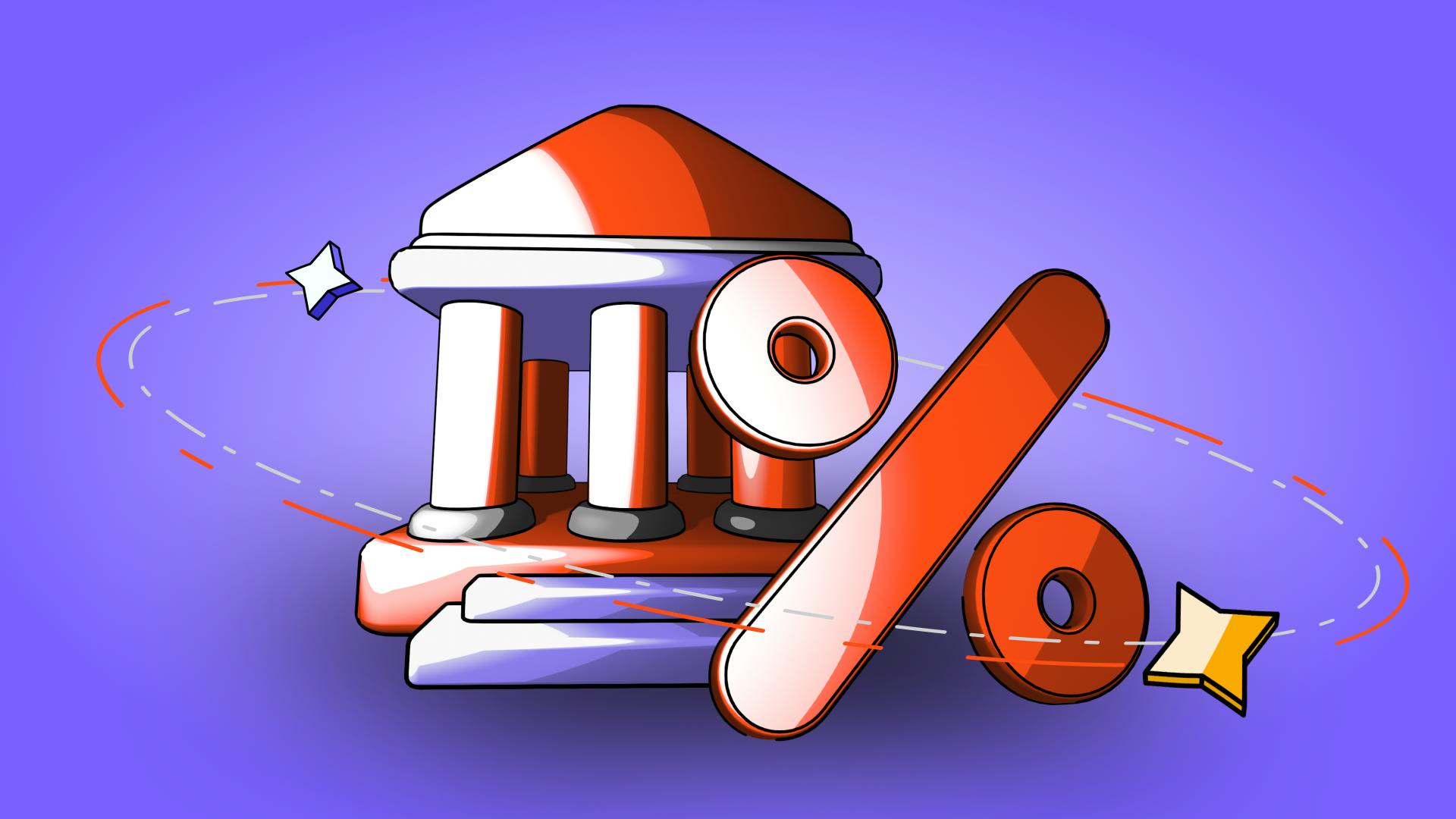
Empréstimos e Empréstimos DeFi: Um Guia para Principiantes
As DeFi (Finanças Descentralizadas) utilizam a tecnologia blockchain para oferecer serviços financeiros sem bancos. Plataformas como Ethereum, Solana…
9m
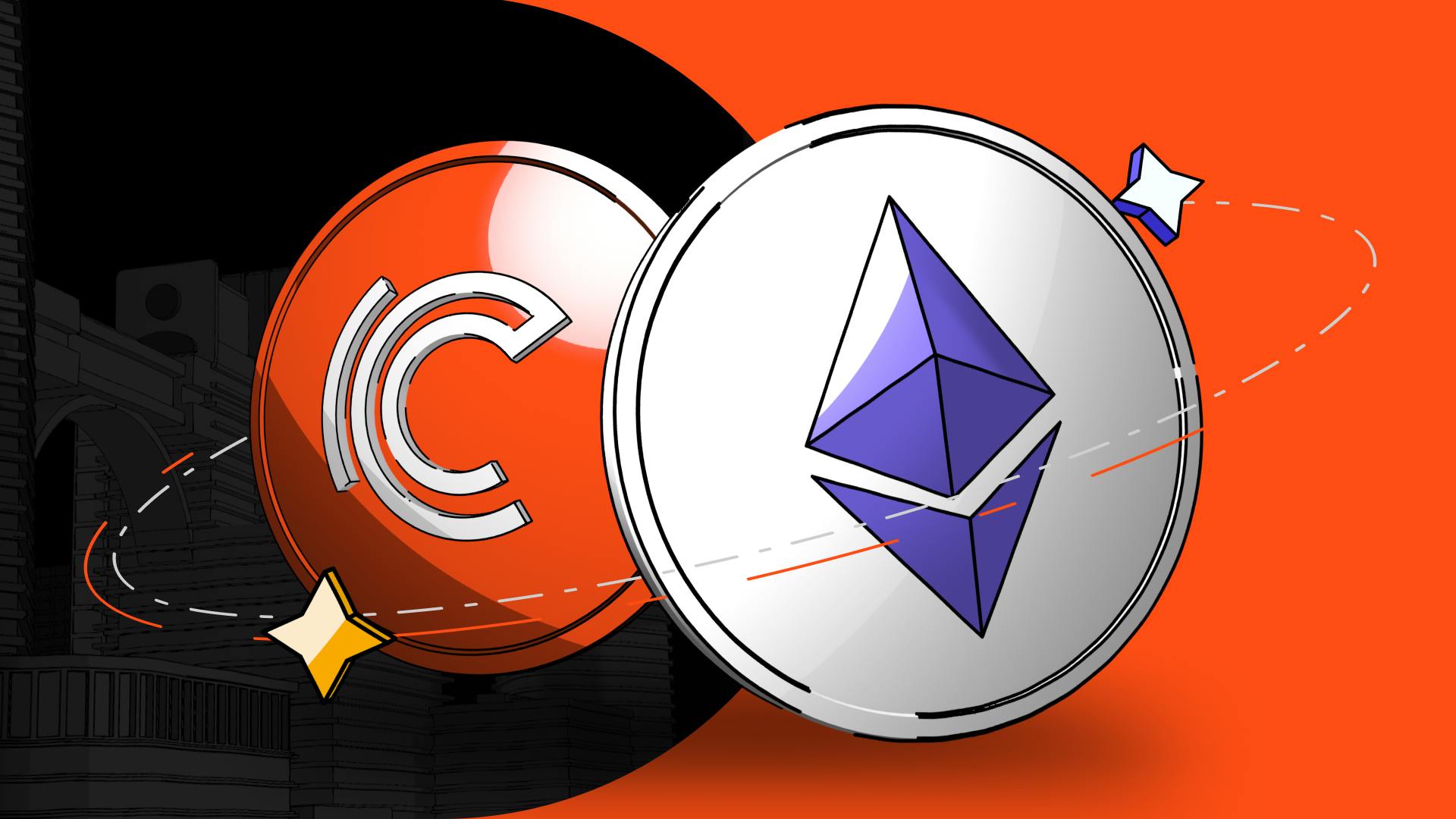
How to Stake Ethereum (ETH) on Coinmetro Fast, Easy, and Securely
Quer ganhar rendimento passivo com o seu Ethereum? Com a Coinmetro, fazer staking de ETH é simples, seguro e ideal para principiantes. Neste guia…
2m
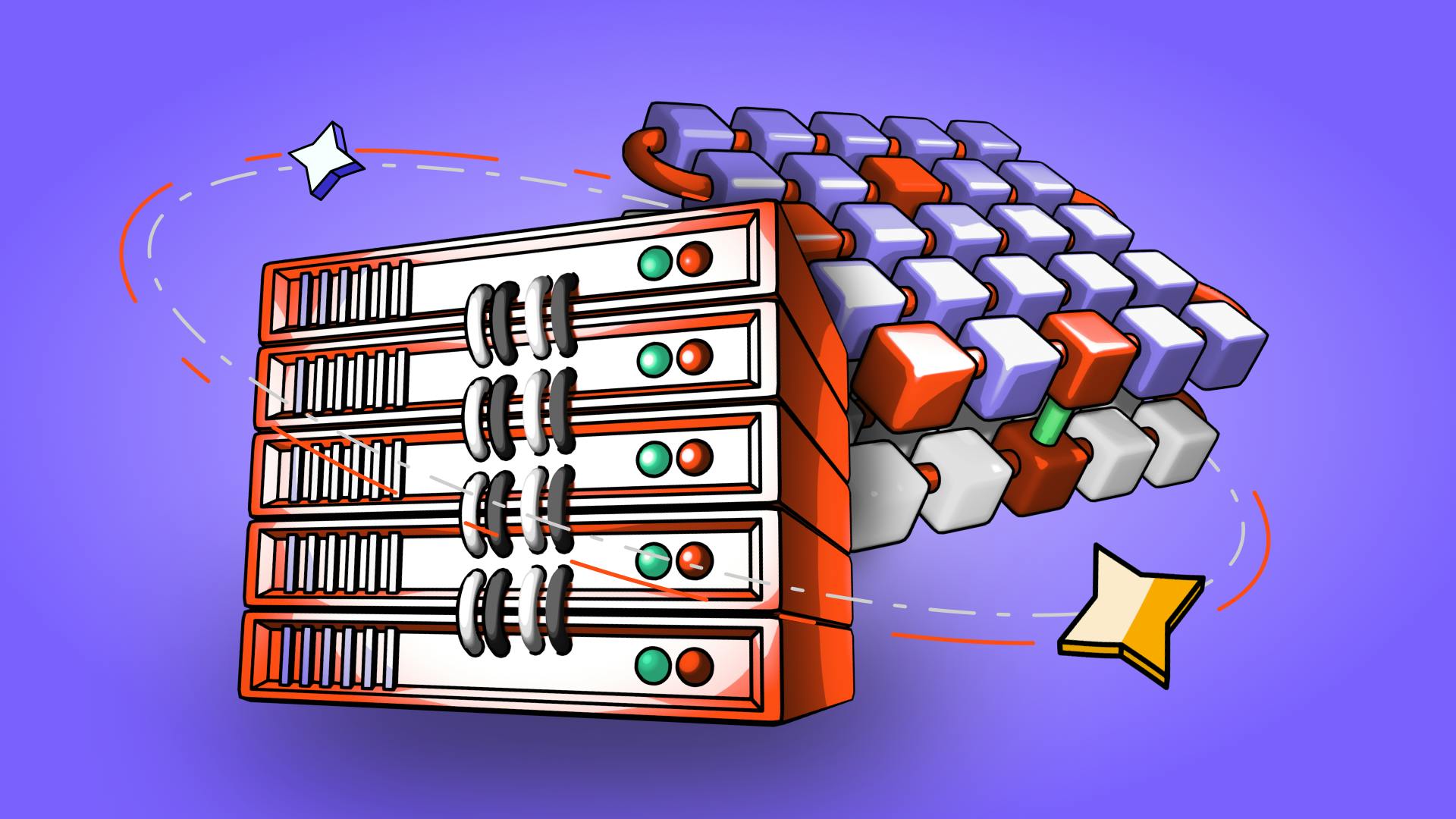
O Futuro das Soluções Descentralizadas de Largura de Banda e Armazenament
A era digital impulsiona a criação de dados, exigindo soluções seguras e escaláveis para a sua gestão. Os sistemas centralizados de largura de banda…
7m